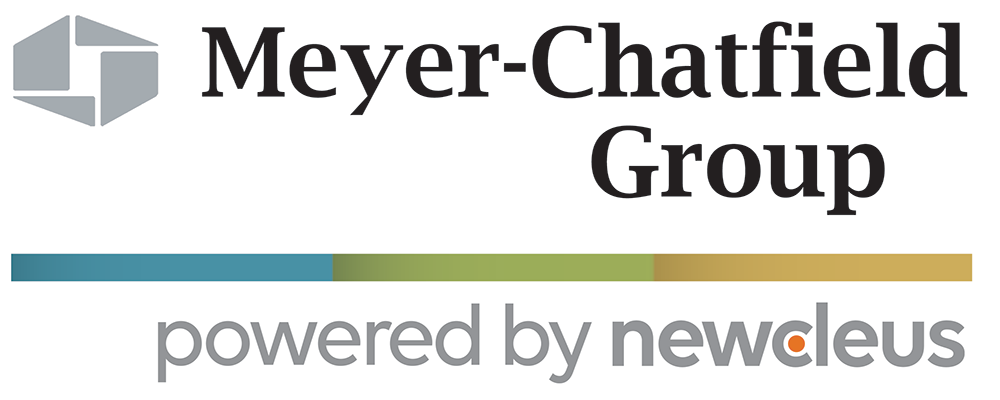
2019 Survey Results: CEO and Board Pay Trends
Brought to you by Meyer-Chatfield Group Powered by Newcleus

Today, more banks are tying their chief executive officers’ pay to performance indicators, as indicated by 80 percent of the directors and executives responding to Bank Director’s 2019 Compensation Survey, sponsored by Compensation Advisors. That’s up from 75 percent when Bank Director last posed the question, in 2015.
Most, at 59 percent, tie CEO compensation to their strategic plan or corporate goals.
But the metrics banks prefer vary according to their structure. Public banks are more apt to tie pay to performance-just 8 percent indicate they don’t do so-and tend to favor goals established in the strategic plan (72 percent), as well as metrics such as return on assets (58 percent), return on equity (53 percent) and efficiency (40 percent).
Among private banks, net income is the preferred metric, at 55 percent. Twenty-seven percent of respondents in this group say CEO compensation is not tied to performance.
The survey was conducted in April 2019, and includes the perspectives of more than 300 bank directors and executives-including chief executives and human resources officers-as well as data obtained from the proxy statements of more than 100 publicly traded banks.
It includes details about current CEO and director compensation packages-in the aggregate, and by asset size and ownership structure. The survey also focuses on succession planning and board refreshment.
Respondents indicate that their CEOs all received a salary in fiscal year 2018, at a median of $325,000; the median total compensation was $515,728. Paying a cash incentive (78 percent), and offering benefits and perks (75 percent) are also common forms of compensation throughout the industry. Less common are nonqualified deferred compensation or retirement benefits (49 percent) and equity grants (47 percent). However, payment of equity differs broadly based on the ownership of the bank: Almost three-quarters of respondents from public banks say their CEO received an equity grant last year.
Additional Findings
- When asked how compensation for the CEO could be improved, 36 percent point to offering non-equity, long-term incentive compensation. Twenty-three percent believe the bank should offer equity at greater levels, and 21 percent say they should offer some form of ownership in the bank. Twenty-two percent believe the bank should pay a higher salary to the CEO.
- The median age of a bank CEO is 58. Seventy percent are baby boomers, between the ages of 55 and 73.
- Seventy-two percent believe the current CEO will remain at their bank for at least the next two years.
- Twenty-one percent believe it’s time for their CEO to announce his or her retirement.
- Thirty-one percent say their bank has designated a successor for the CEO. One-quarter have identified potential successors.
- Nearly one-third indicate their board conducts an annual evaluation.
- Forty-one percent have a mandatory retirement policy in place for directors. The median retirement age is 75-an increase from 72, as reported three years ago.
- Forty-seven percent indicate their board is working to recruit younger directors. The median age of the youngest director serving on responding boards is 48.
- Seventy-two percent say their directors receive a board meeting fee, at a median of $900 per meeting. Sixty-nine percent pay an annual cash retainer, at a median of $20,000.
- Forty-three percent say that tying compensation to performance is a top compensation challenge facing their institution, followed by managing compensation and benefit costs (37 percent) and recruiting commercial lenders (36 percent).
To view the full results of the survey, click here.



